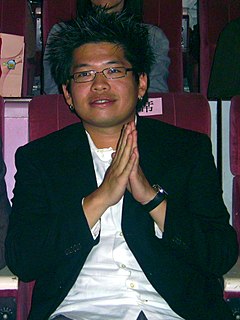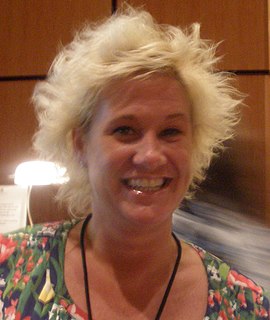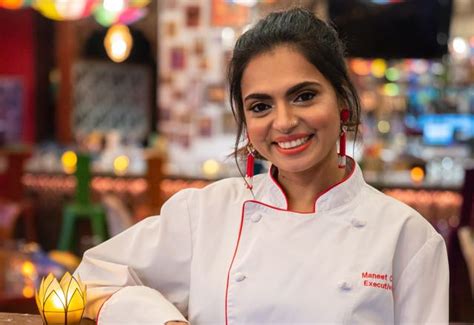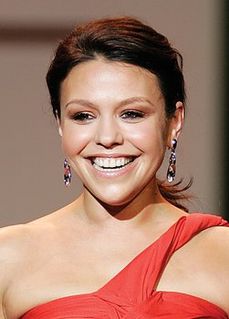A Quote by Steve Chen
If a restaurant kitchen is your office, Nom is for you.
Quote Topics
Related Quotes
I was in a restaurant, and it just struck me, something I'd never thought of before. And it's menus in the restaurant just hit me. I was ordering and I thought, "God, think of all the people who handle these meals day in and day out" and they, I mean you're going to a restaurant, you can be pretty - you can feel secure that they wash the silverware in the kitchen and the linens and all that stuff, but they don't wash their menus, who washes menus? Now, I've got to worry about that for the rest of my life.
You know, my parents had a restaurant. And I left home, actually, in 1949, when I was 13 years old, to go into apprenticeship. And actually when I left home, home was a restaurant - like I said, my mother was a chef. So I can't remember any time in my life, from age 5, 6, that I wasn't in a kitchen.
It's very important in a restaurant to really do the right hiring because there's no restaurant that you have one cook and one chef and nobody else in the kitchen. Generally you have five, ten, 15 people with you. So that's really important is to train them right, but first you have to hire the right people.
I was always a person on my mother's hip in the kitchen. My mom really wanted her kids at her side as much as possible, and she worked in restaurants for over fifty years. And my grandfather had ten children, and he grew and prepared most of the food. My grandmother, on my mother's side, was the family seamstress and the baker. So my mom, the eldest child, was always in the kitchen with my grandpa and I was always in the production and restaurant kitchens and our own kitchen with my mom. And it's just something that has always spoken to me.
And an unstable childhood makes you appreciate calmness and not crave excitement. To spend a Saturday afternoon mopping your kitchen floor while listening to opera on the radio, and to go that night to an Indian restaurant with a friend and be home by nine o'clock - these are enough. They are gifts.

































